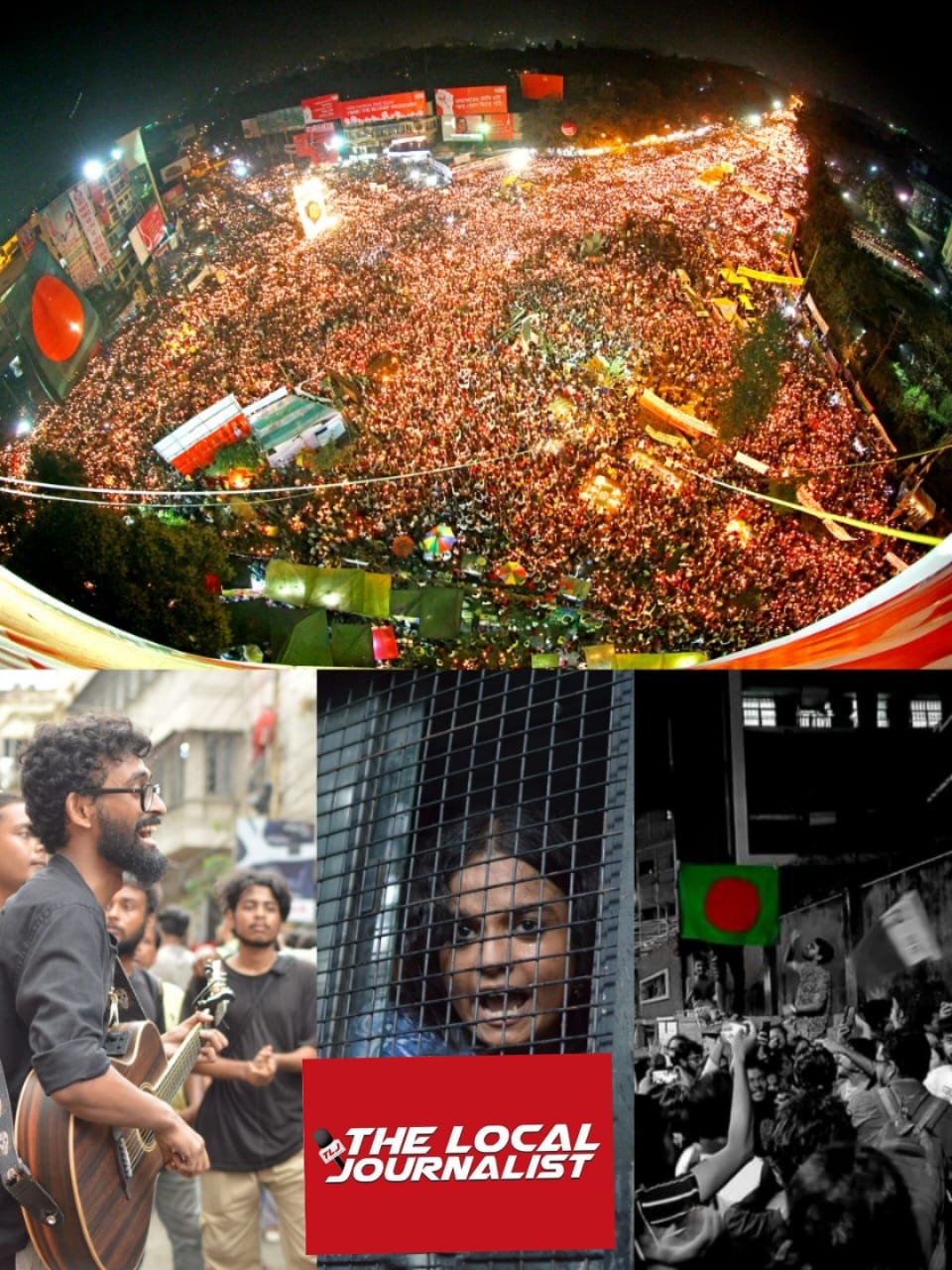
Over the past few days, Bangladesh has been plunged into turmoil as protests against the quota system have escalated into a full-blown crisis, resulting in tragic consequences and widespread disruption.
On July 18th, the situation spiraled out of control, marking a pivotal moment in the unfolding unrest. Tensions soared across the country, and scenes of chaos dominated the streets. However, by July 19th, an eerie calm settled in, reminiscent of the quiet before a storm. At 8 PM that evening, the government under Prime Minister Sheikh Hasina took drastic measures by cutting off internet access nationwide, a move intended to quell the unrest but also sparking fears and outrage among the populace.
The catalyst for these protests was the contentious quota system, which many believe has perpetuated inequality and favored political interests over meritocracy. What began as a demonstration against this system has now escalated into what some describe as a civil war-like situation. Police and military personnel have been deployed across the streets to maintain order, further intensifying the sense of unease and discord.
Meanwhile, opposition parties, notably the Bangladesh Nationalist Party (BNP), have vowed to press on with their agenda, leveraging the unrest to amplify their political stance. Protesters affiliated with BNP have gathered at prominent locations like the press club, signaling their determination amidst the turmoil.
The repercussions of these events have extended beyond Bangladesh’s borders. Many Bangladeshi students studying in Kolkata, India, find themselves in a state of anxious uncertainty, unable to communicate with their families back home due to the internet shutdown. Their concerns underscore the human impact of political upheaval, transcending boundaries and highlighting the interconnectedness of regional stability.
In a gesture of solidarity, leftist student organizations in Kolkata mobilized in support of their counterparts in Bangladesh, only to be met with swift action from local authorities. The arrest of these activists has further galvanized dissent, setting the stage for larger protests scheduled in the coming days.
Looking ahead, tensions remain palpable as Bangladesh navigates through this turbulent period. As the country braces for what could unfold next, voices from all sides clamor for resolution and stability amidst the chaos that has engulfed the nation. The coming days will be crucial in determining the trajectory of Bangladesh’s political landscape and the welfare of its citizens caught in the midst of this unprecedented unrest.
